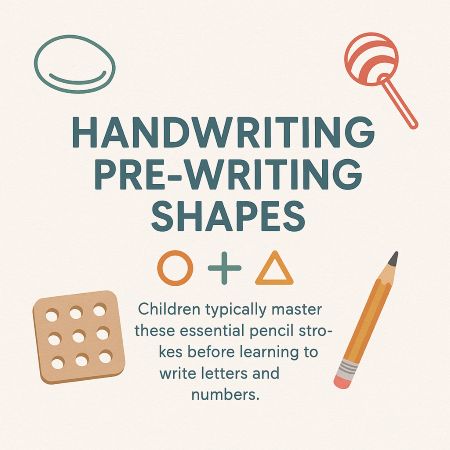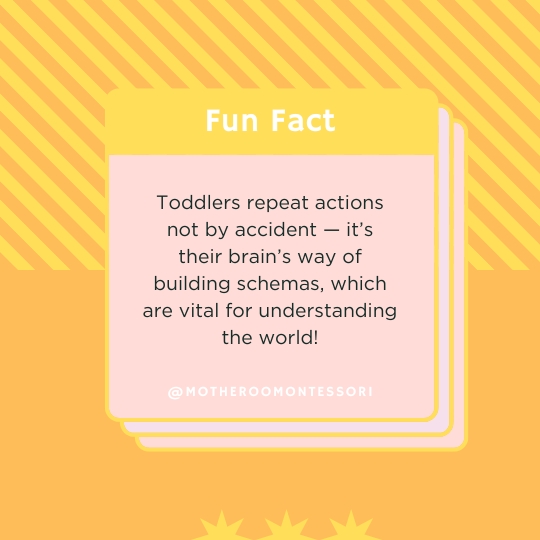Benefits of Nature Play for Infants
Nature play is an essential component of early childhood development, offering a myriad of benefits that contribute to the physical, cognitive, emotional, and social well-being of infants.
Physical Health
Outdoor play is associated with increased physical activity, which is crucial for the development of motor skills and overall health. A systematic review highlighted consistent positive impacts of nature play on physical activity outcomes in children[1]. Exposure to natural elements such as uneven ground and natural obstacles can challenge infants’ developing motor skills, such as crawling and balance, in a way that indoor environments may not[18].
Cognitive Development
Nature play stimulates infants’ senses and contributes to cognitive development. The diverse stimuli found in natural environments can enhance perceptual abilities and encourage exploratory behavior, which is linked to cognitive growth[6]. For example, infants’ exploratory play in nature is related to longer-term cognitive development, as it allows them to learn about object function and cause-and-effect relationships[6].
Emotional Well-being
Being in nature has been shown to reduce stress and promote relaxation[18]. For infants, the sensory experiences provided by outdoor play can be soothing and contribute to emotional regulation. Studies have found that nature play can lead to a significant decrease in negative emotions such as aggression and depression[1].
Social Skills
Nature play offers socialization opportunities that are different from those found indoors. It can improve peer-to-peer relationships and social skills as infants interact with each other and adults in a less structured environment[18]. The social dynamics of outdoor play encourage cooperative behavior and can lead to increased prosocial behavior[1].
Nature Play Activities for Infants
When engaging infants in nature play, it is important to consider activities that are safe and developmentally appropriate:
- Tummy Time on Natural Surfaces: Laying a blanket on grass for infants to have tummy time allows them to experience different textures and stimuli[17].
- Nature Walks: Carrying or walking with infants in natural settings exposes them to a variety of sights, sounds, and smells, fostering sensory development[5].
- Water Play: Supervised play with water in a shallow tray or pool can provide sensory experiences and help develop motor skills[11].
- Exploring Natural Materials: Allowing infants to touch and explore safe natural materials like leaves, smooth stones, and sticks can stimulate curiosity and tactile senses[5].
In summary, nature play is a valuable aspect of infant development, offering benefits that span across physical, cognitive, emotional, and social domains. While statistical evidence specific to infants is limited, the overall research indicates that nature play is a positive and impactful activity for young children. Engaging infants in safe, age-appropriate outdoor activities can foster their growth and development in a holistic manner.
Citations:
[1] https://www.ncbi.nlm.nih.gov/pmc/articles/PMC7018039/
[2] https://natureplayqld.org.au/nature-play-ideas
[3] https://ijbnpa.biomedcentral.com/articles/10.1186/s12966-021-01097-9
[4] https://www.greenschoolyards.org/nature-benefits-social-emotional
[5] https://www.earlychildhoodoutdoors.org/nature-play-for-babies-and-toddlers/
[6] https://www.ncbi.nlm.nih.gov/pmc/articles/PMC5991261/
[7] https://seswps.umkc.edu/docs/berkley-items/the-importance-of-outdoor-play-and-its-impact-on-brain-development-in-children.pdf
[8] https://www.petitjourney.com.au/nature-play-ideas/
[9] https://www.nifplay.org/play-science/summary-of-key-findings/
[10] https://www.nidirect.gov.uk/articles/how-play-helps-childrens-development
[11] https://www.thebump.com/a/outdoor-fun-with-baby
[12] https://www.nature.com/articles/s41598-020-78642-2
[13] https://littlekiwisnatureplay.com/the-benefits-of-nature-play/
[14] https://www.momjunction.com/articles/fun-outdoor-activities-for-babies-infants_00710020/
[15] https://www.frontiersin.org/journals/psychology/articles/10.3389/fpsyg.2022.995164/full
[16] https://www.miracle-recreation.com/blog/why-should-my-child-play-outside-benefits-of-outdoor-play-for-kids/
[17] https://raisingchildren.net.au/toddlers/play-learning/outdoor-play/outdoor-play
[18] https://www.ncbi.nlm.nih.gov/pmc/articles/PMC6806863/
[19] https://artfulparent.com/5-nature-based-play-ideas-for-toddlers-and-preschoolers/
[20] https://www.busybees.edu.au/benefits-of-nature-play/












